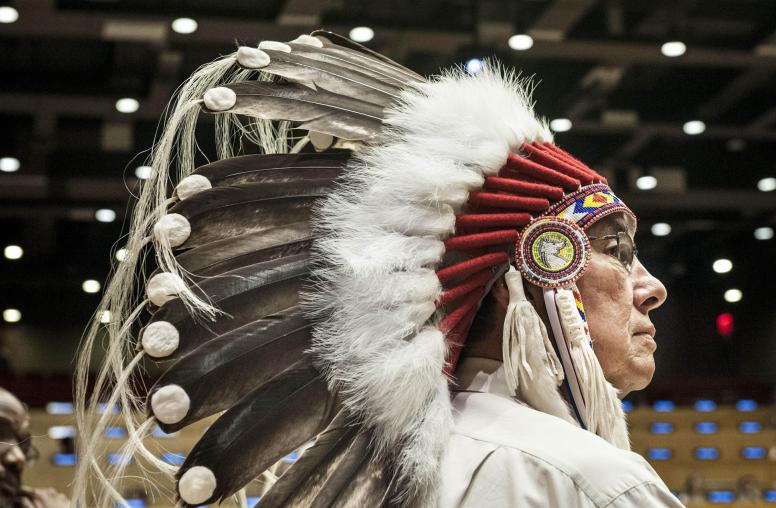Episode 52 - Zinaida Besirevic
Our guest on this episode is USIP Research Fellow, Zinaida Besirevic, a Ph.D. candidate in human development and cognition at the University of California, Berkeley. Her dissertation compares children and adults in their reasoning about violations of Human Rights and infringements on human dignity. Together we discuss if moral reasoning changes with development, and whether and why we become more likely to tolerate harm.



